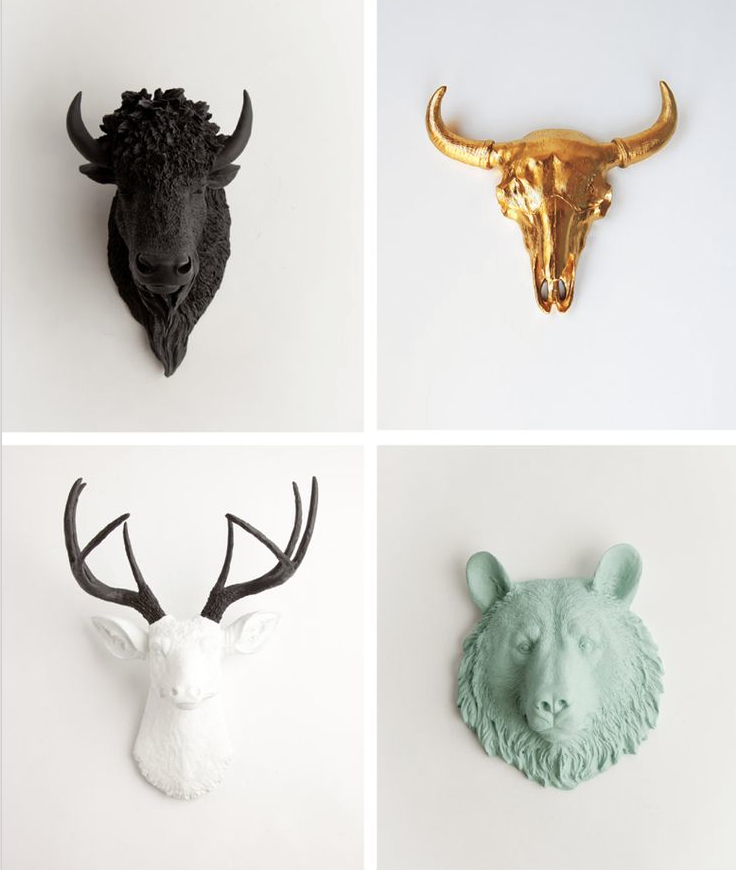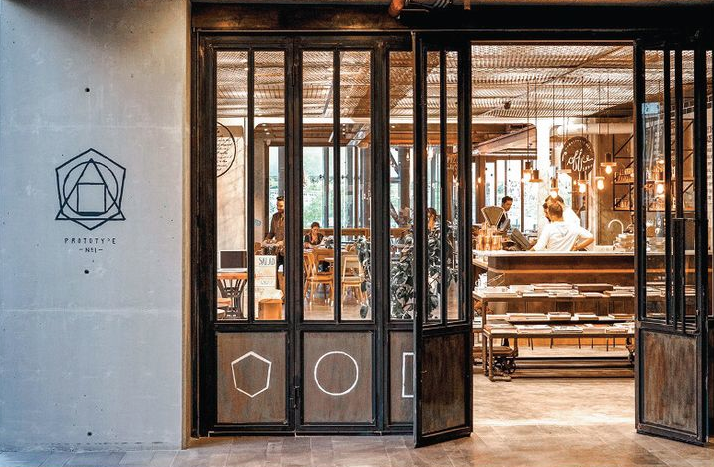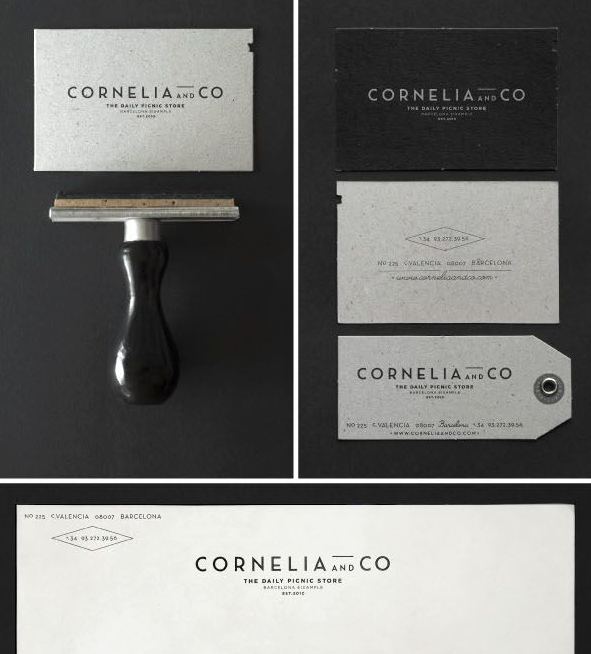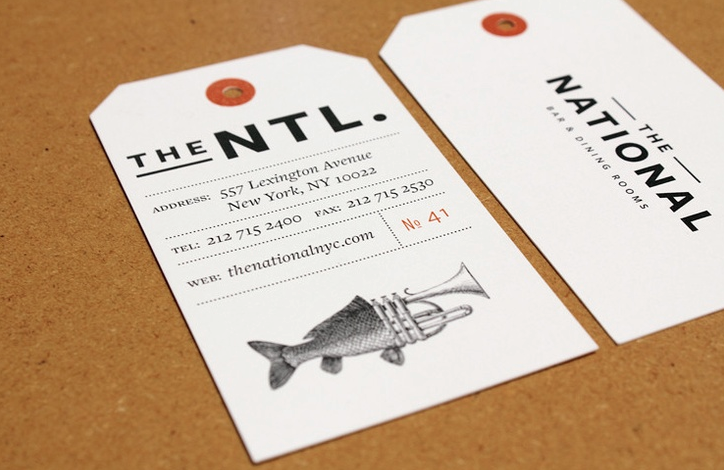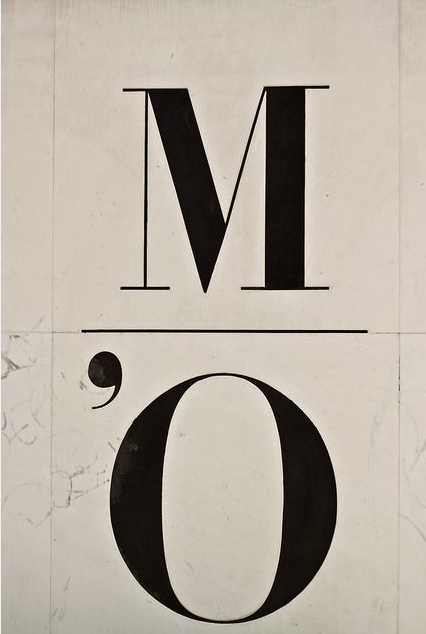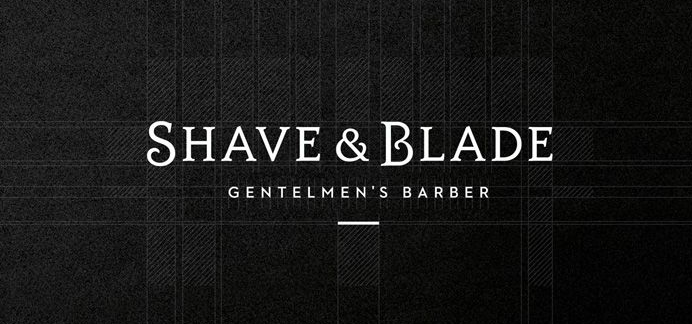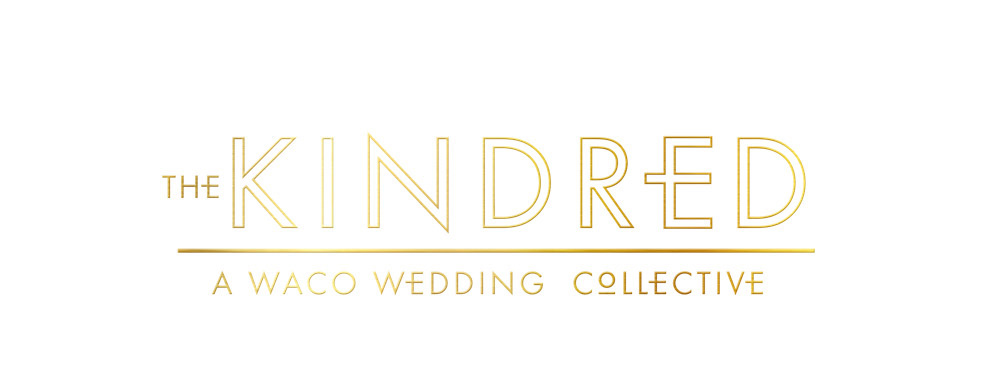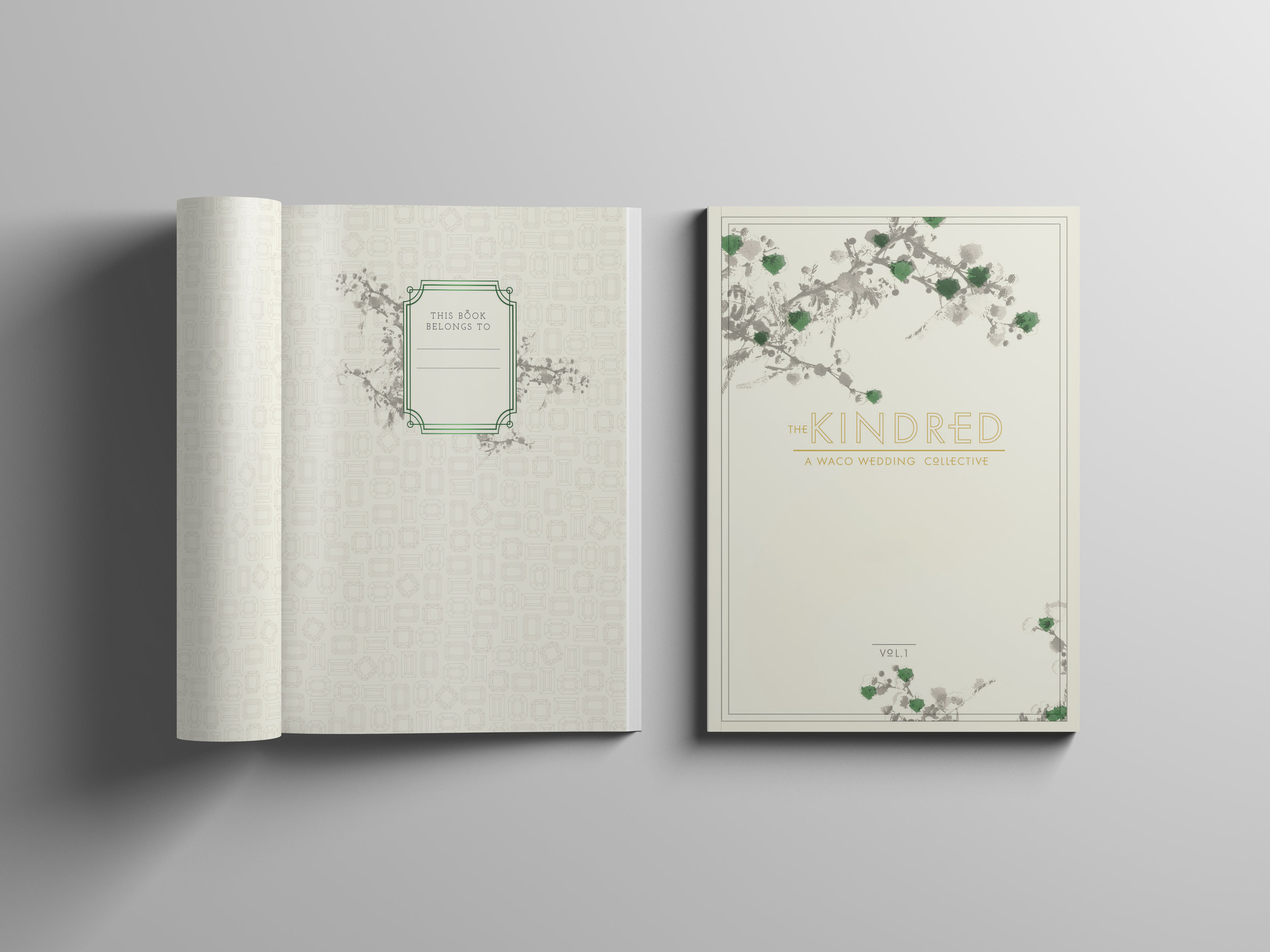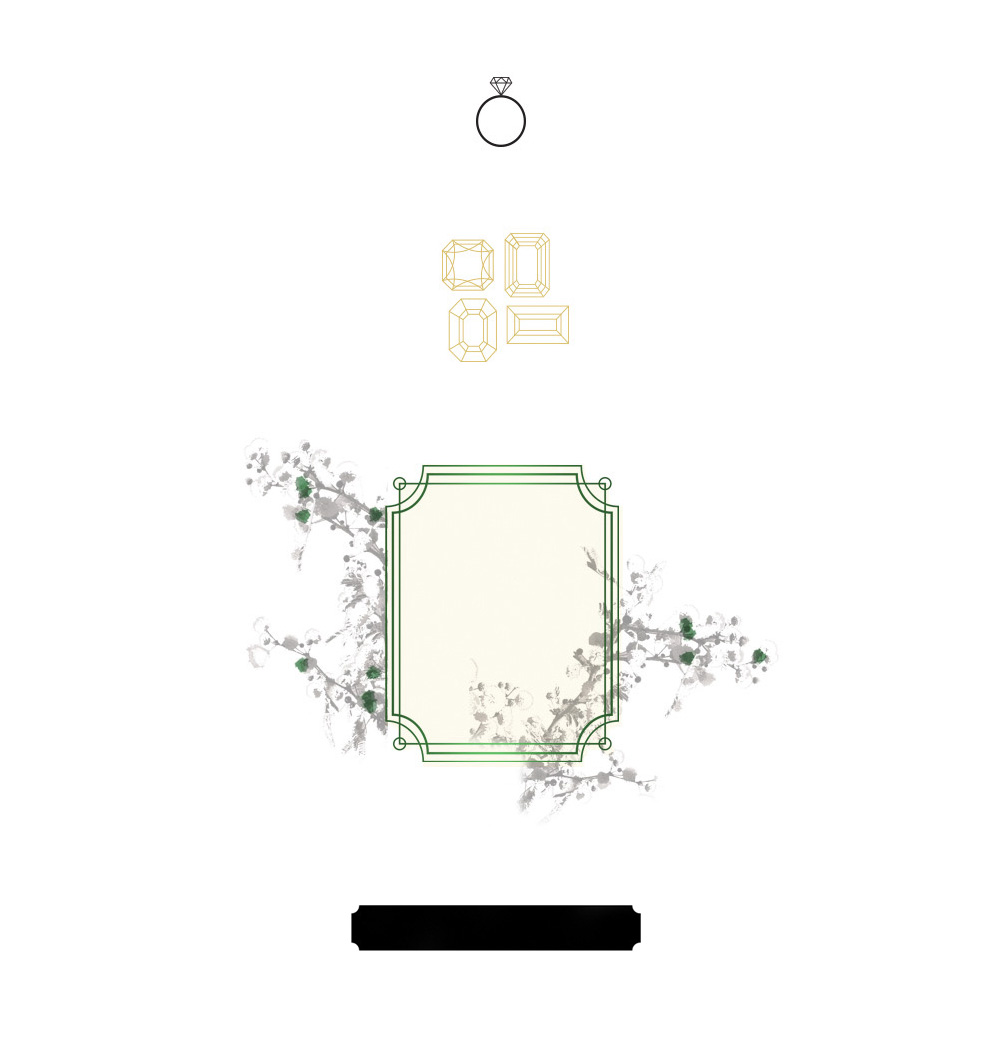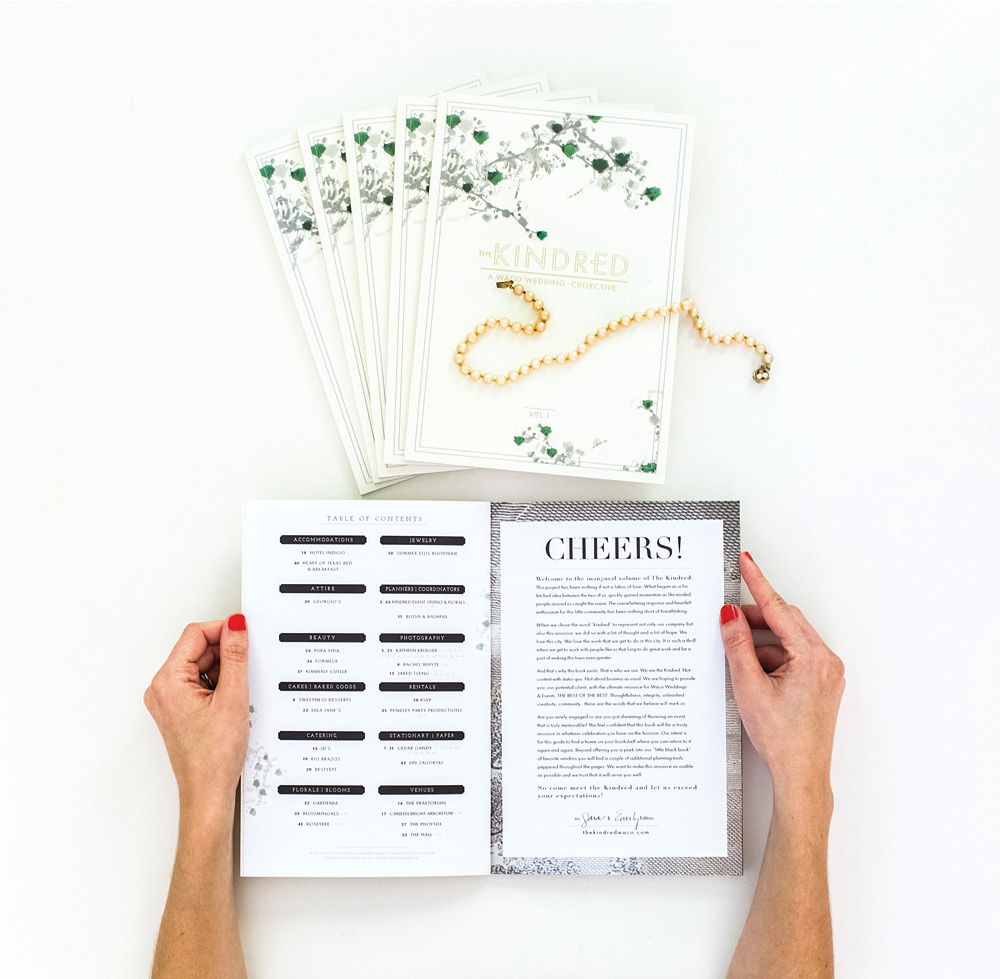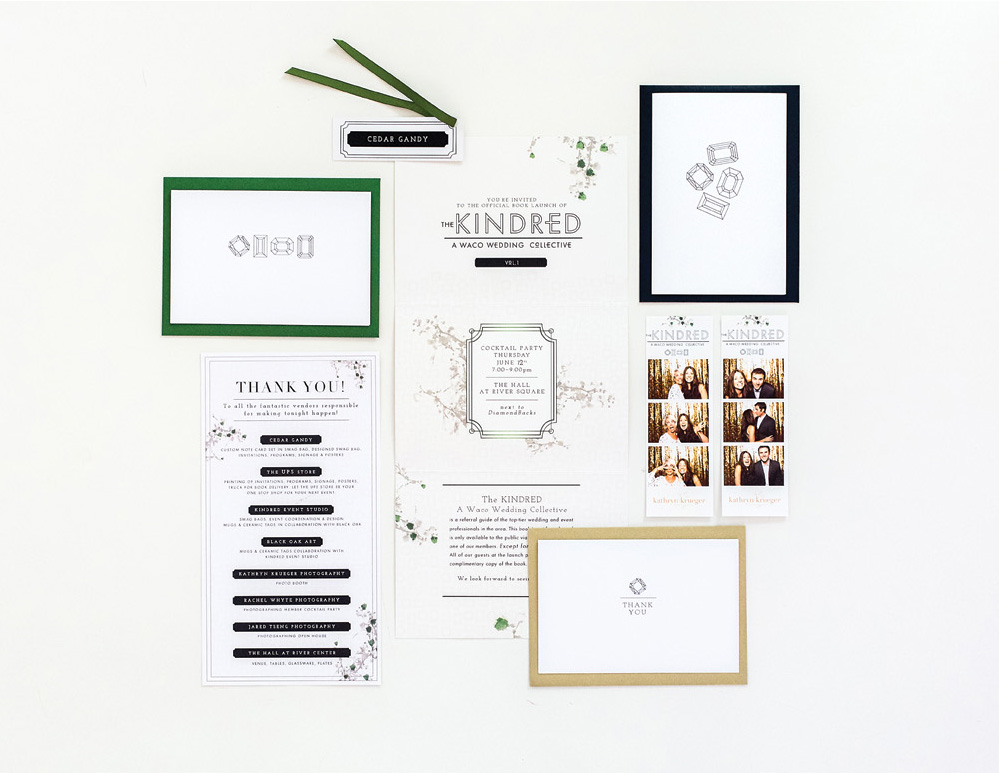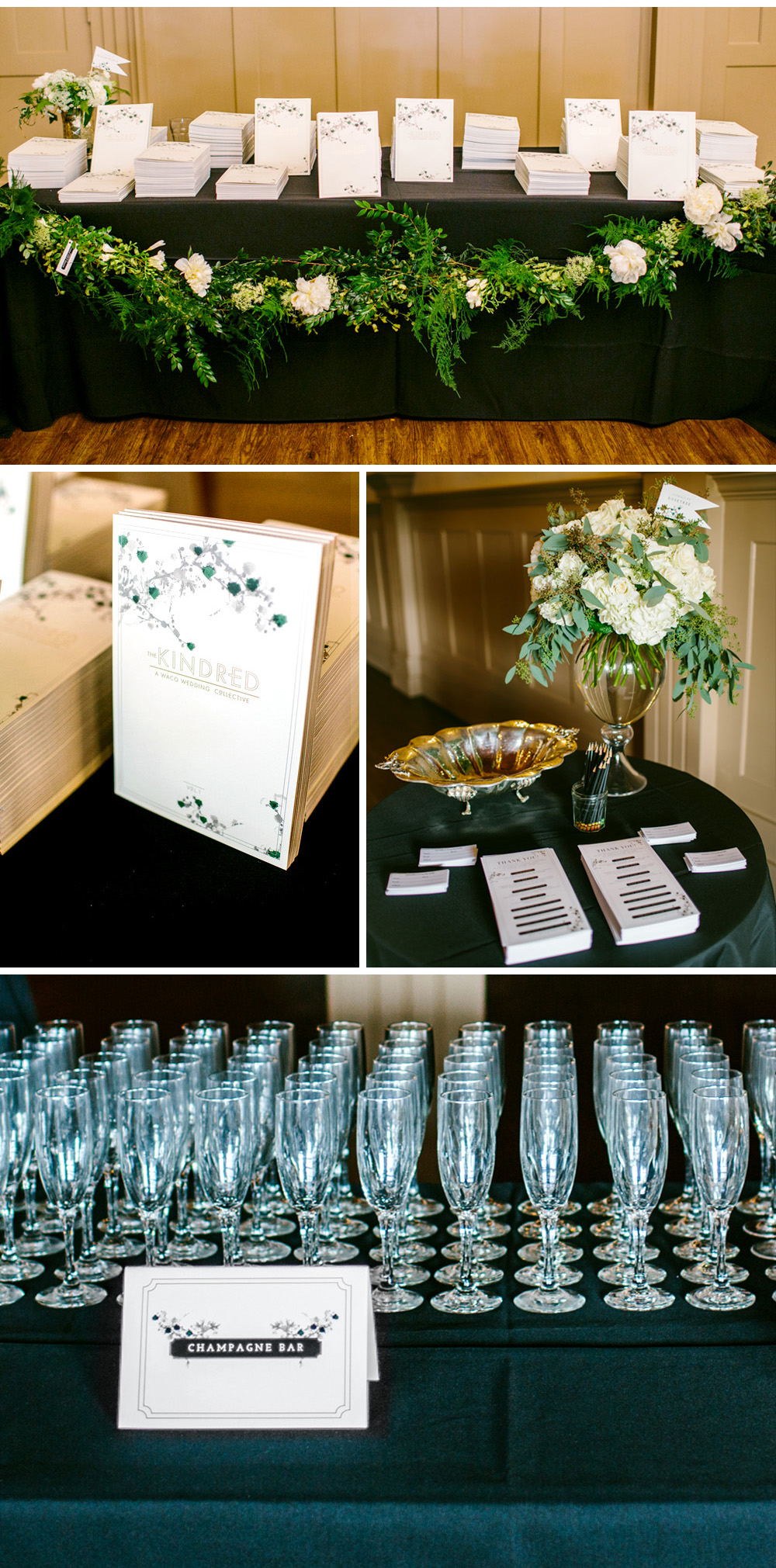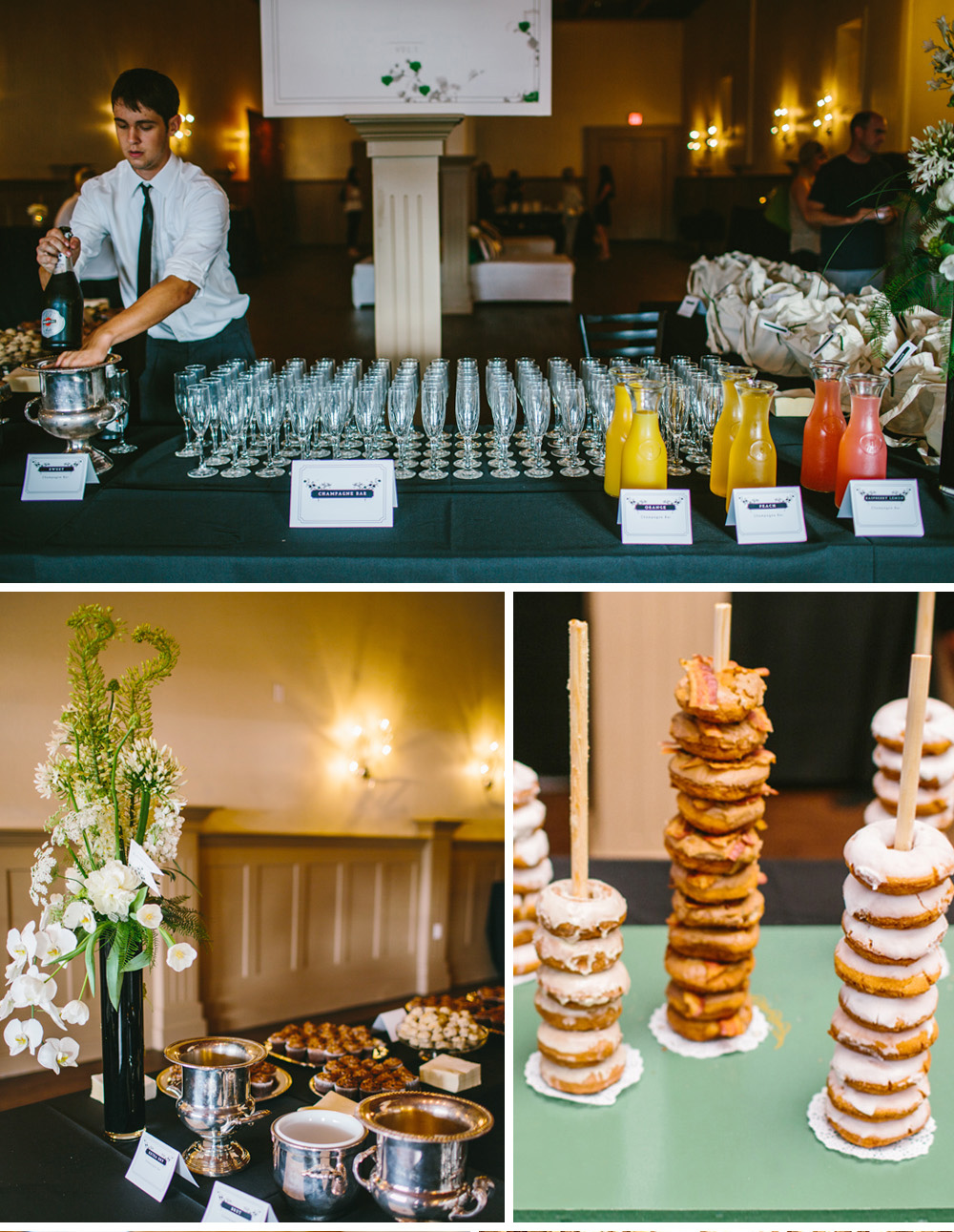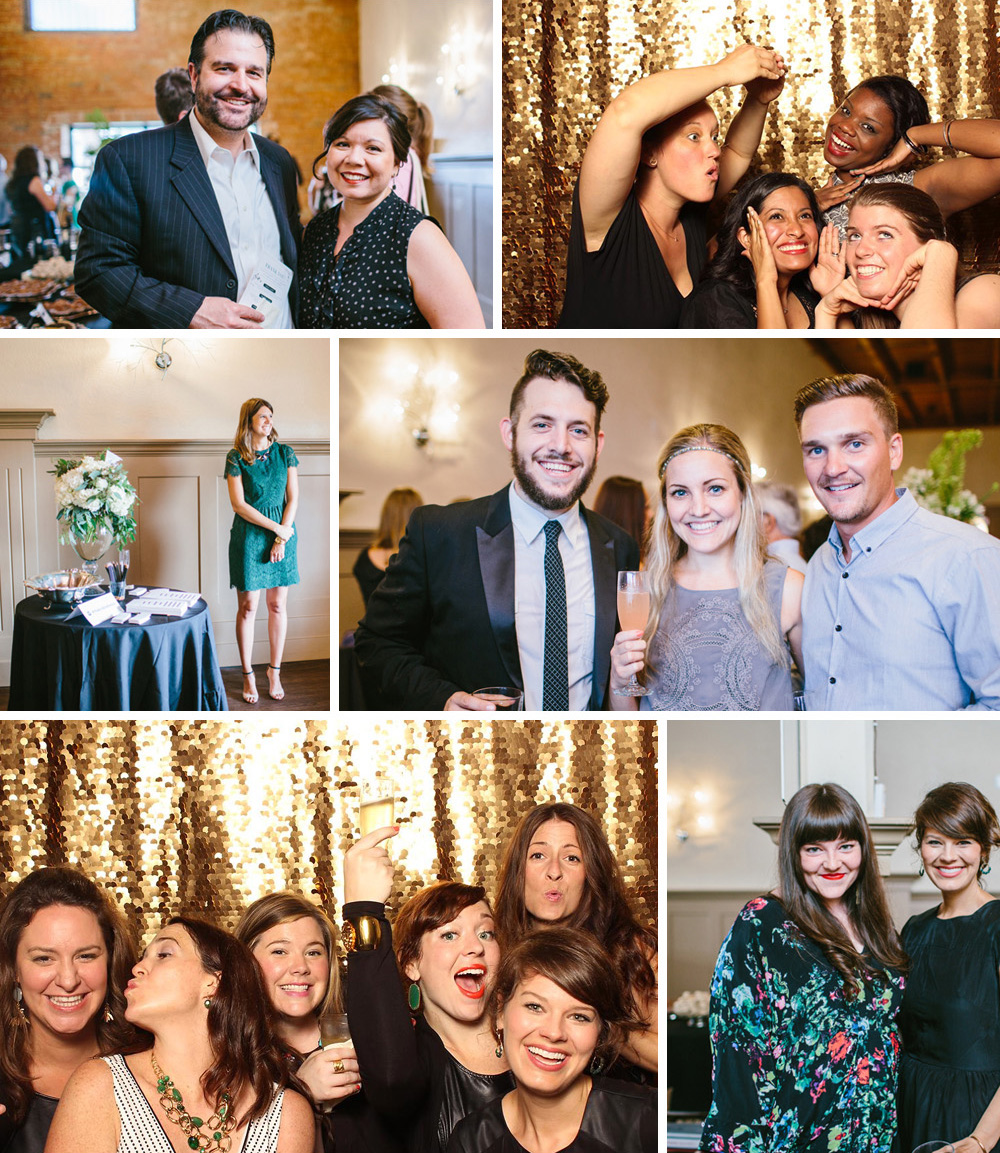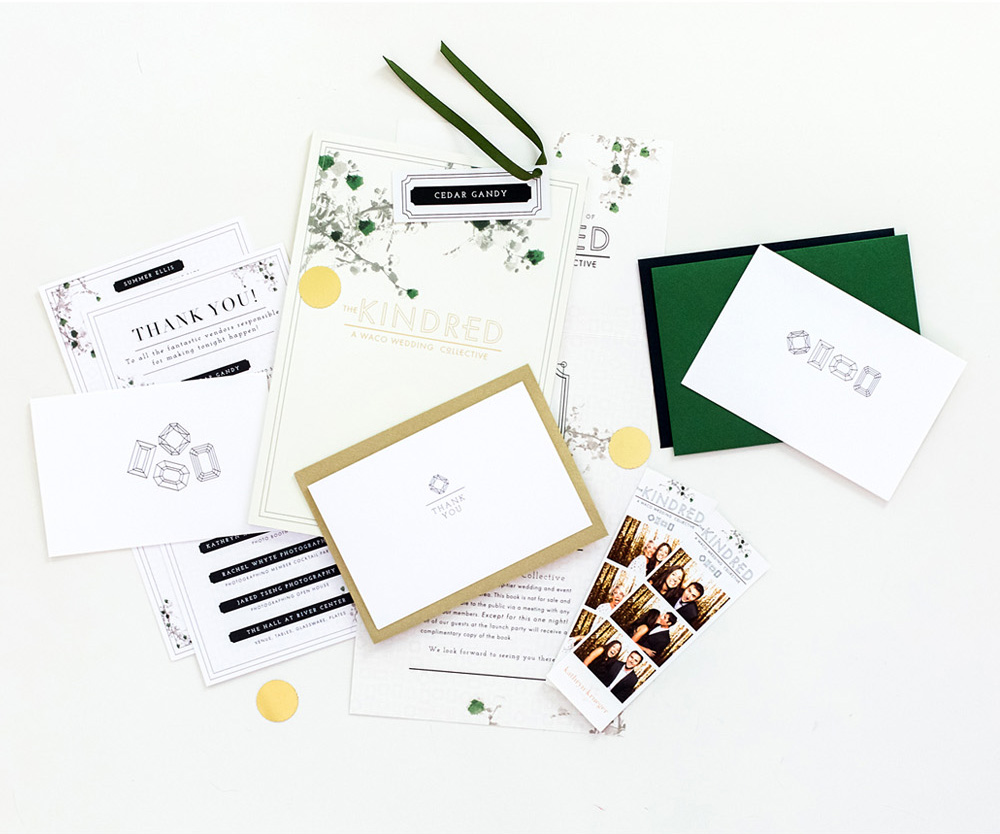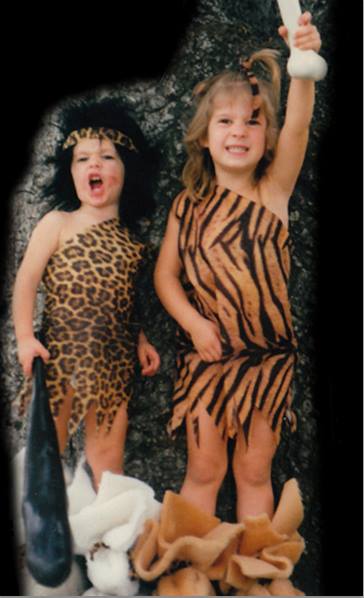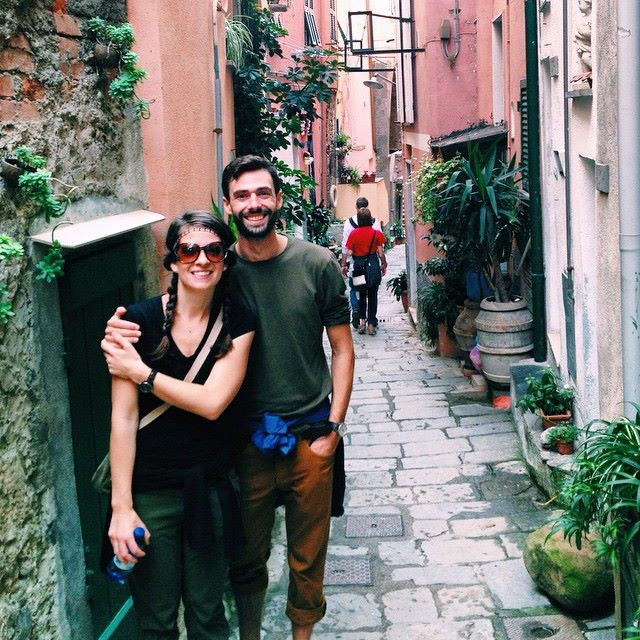At the start of each client project I put together a moodboard so my clients and I can visually brainstorm together. I love pulling inspirational images from all over the place to help tell the story we are setting out to create. Colors, patterns, textures, landscapes, typography...they all have an important role to play in the design matchup. This phase in the design process helps to develop a strong direction from the beginning.
Q&A with Jenn Giles Kemper
Jenn is a Waco-based entrepreneur who had a majorly successful Kick Starter launch and founded Sacred Ordinary Days. This past January she released her first day planner and is now working on the next two. After working with her on her visual branding, I knew that I wanted to share some of her experience with you guys. Thankfully Jenn agreed and I really think you will love what she has to say.
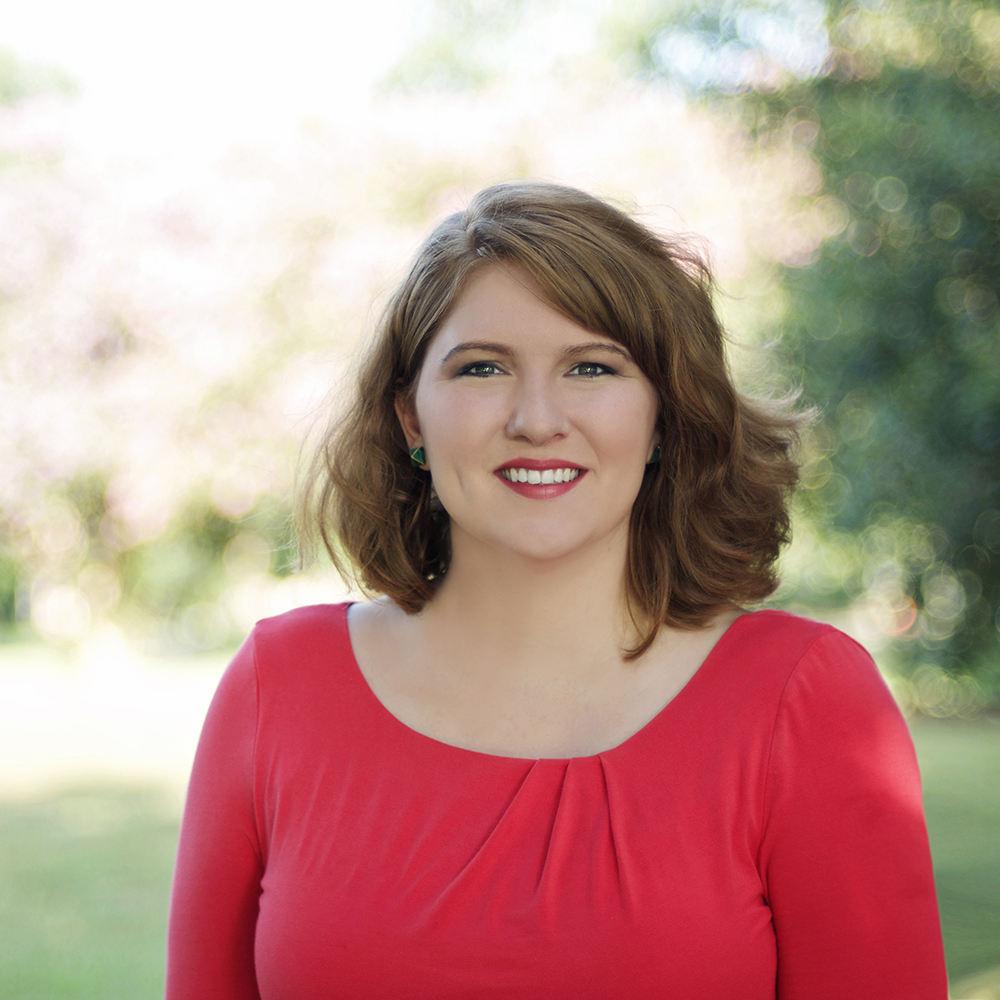

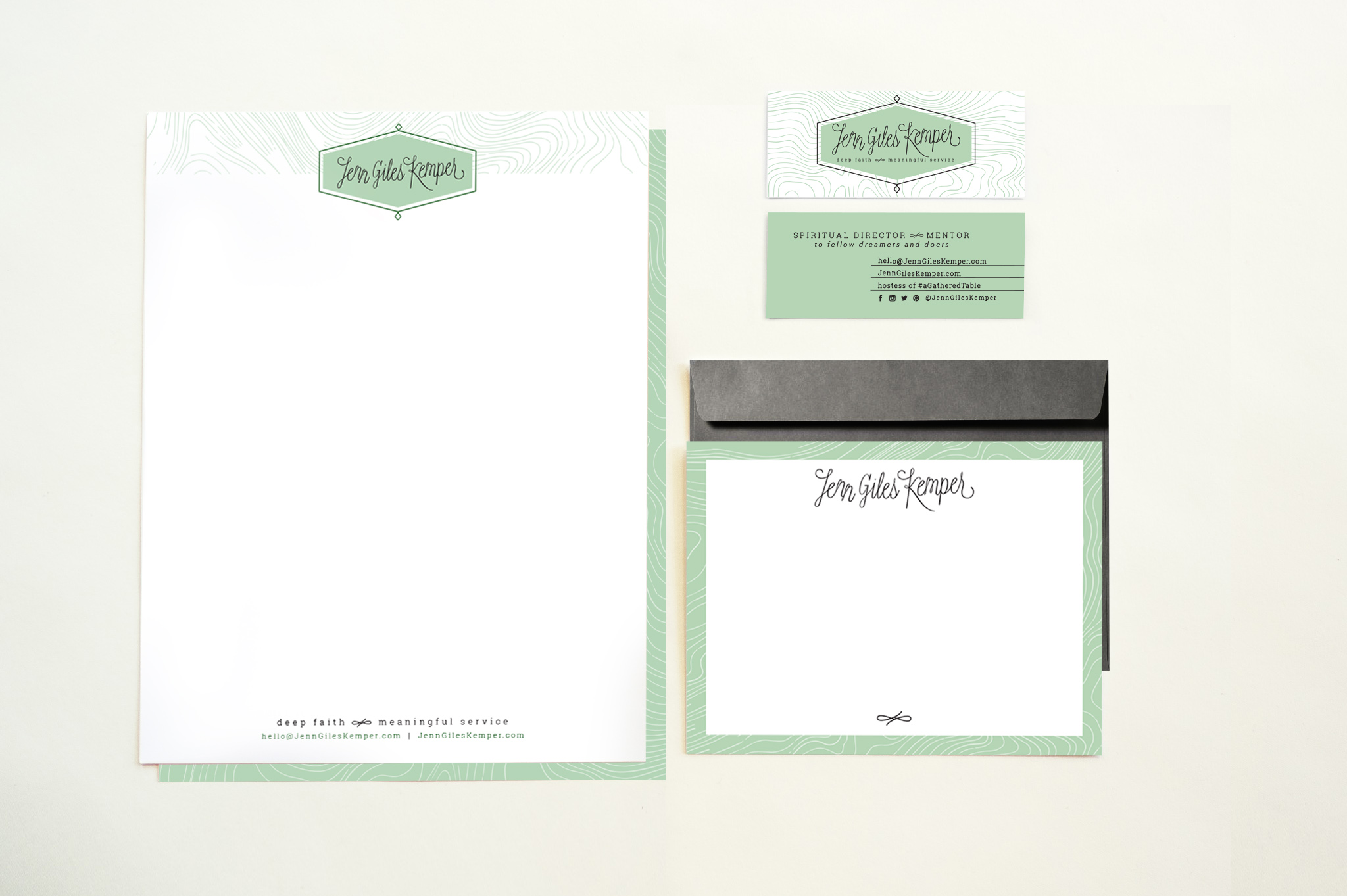

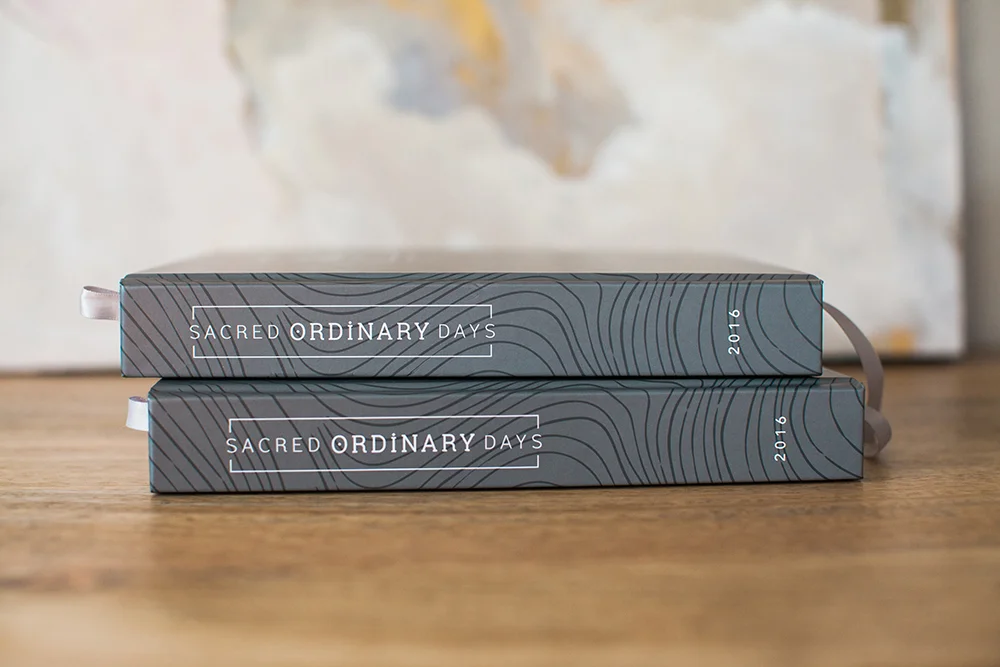

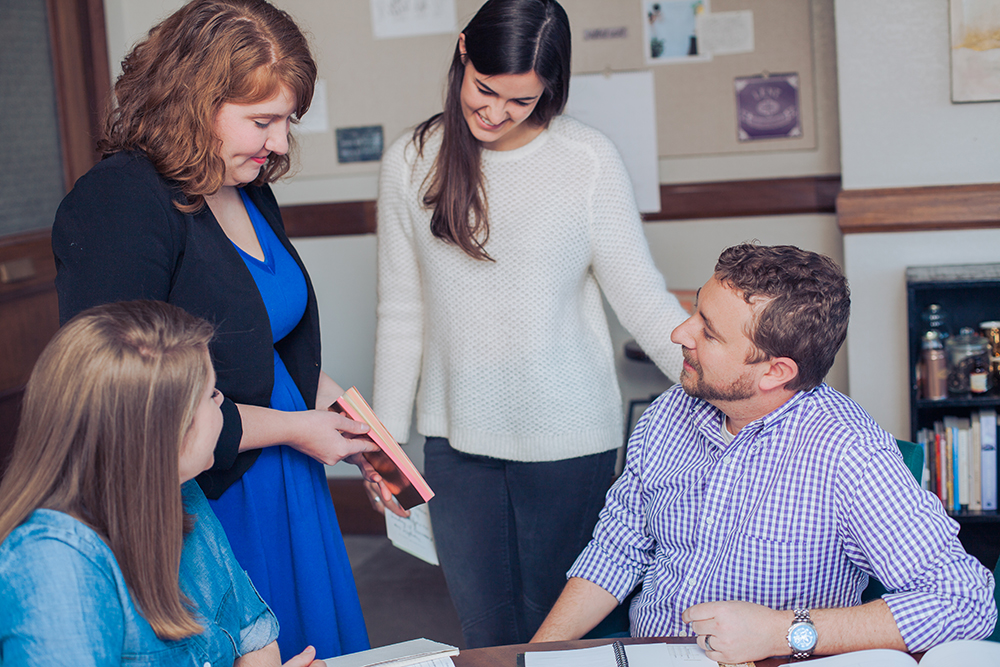
So Jenn, I do have to say, in the last two years, you have launched your new brand, created a new product and you started a podcast. How would you even describe what it is that you do? Who is Jenn Giles Kemper?
I can't believe it's been two years! I think that just goes to show how incredible your work is-- it lasts and lasts. I've done logos and branding for businesses before and I was tired of it or had outgrown it in less than two years. The work that we did together for the Jenn Giles Kemper branding still feels spot on!
When we first worked together, I was a solo entrepreneur working at home from my front bedroom-turned-office. Now I lead a small team, which includes my husband, Grant. The two of us work in our downtown Waco studio and my right-hand woman, Hayley Johnson, works remotely from Fort Worth. Sacred Ordinary Days is the business that grew out of my one-on-one coaching, consulting, and spiritual direction work. At Sacred Ordinary Days, we create modern resources for Christian spiritual formation. Our tools are rooted in ancient practices, but translated with a clean aesthetic and accessible language. We draw from the liturgical calendar, the lectionary, the daily office, and many contemplative spiritual practices.
Thus far, between all the projects you have on your plate, and the ones that have been checked off the list, what part of this journey has been your favorite?
Our liturgical day planner is still the thing that I am most proud to have created. That's at the heart of everything we do! We're currently making some small changes and improvements for the Academic Edition, which will be available for pre-sale at sacredordinarydays.com as of May 2! We'll make several more improvements when we release the 2017 Liturgical Edition this fall. I'm really enjoying the opportunity to tweak and improve our products based on the feedback of our tribe members who are using the planner so many different ways!
Ok, but there is another part of this journey that has been wonderfully challenging and cool and educational. Since the beginning, I wanted to find a meaningful way to engage in this conversation about leaning into the church calendar. I started the Sacred Ordinary Days podcast alongside my friend and colleague, Lacy Clark Ellman of asacredjourney.net. From the beginning, our goal has been to meet our listeners where they are and, essentially, host a conversation about how the liturgical calendar relates to us today and how we incorporate in into our lives. Podcasting is brand new to us, but as they say, experience has been the best teacher.
That is great! So many things to look forward to! Although you created the “Sacred Ordinary Days” planner, your days are far less than ordinary. What do your days normally look like in the world of ministry, entrepreneurship, and marriage?
First, how cool is it that I get to be both a minister and an entrepreneur through Sacred Ordinary Days? I pinch myself weekly. I'm so grateful to have found/created this work. These days my husband, Grant, and I head in to our office at Anthem Studios around nine in the morning. He's been working with our business full-time for a month and a half. It's a big change from aerospace engineering, for sure, but we're really enjoying working together and having more flexibility in our schedules. We communicate with Hayley, our designer and creative director, throughout the day via Slack, Asana, and Skype. We're in the process of hiring a few more folks, so lately we've been focused on streamlining our workflow.
Our tasks vary quite a bit day to day, and while I love the excitement and variety, I find myself looking forward to a bit more routine as our team grows and I can be in charge of less. Some days I'm recording a podcast episode or writing a script for our next video shoot. Others days I’m writing our employee handbook and figuring out how to actually build the kind of business that I desire to lead, (we’ve been working out all the details-- from work schedules to health care to pay and everything in between). The relationships with our "tribe" (our customers, supporters, people in our corner) have been such a key component. We know exactly who we're creating with and for. We talk and listen daily in our facebook group and on social media using #sacredordinarydays. I'm loving instagram and have been SO grateful for quick conversations on twitter. Seeing people share our initial launch was amazing! You could almost see different circles and networks lighting up on a map of the internet. It was very humbling to see so many strangers be generous!
Yep! Sounds like the life of a successful entrepreneur. What makes you come alive in work, ministry and marriage?
I'm an extrovert and love collaborating, so working with people whom I thoroughly respect and enjoy is a dream come true. I love the days that have a mix of creating something, refining something based on collaboration with our people, and interacting with our tribe. The idea of Sacred Ordinary Days was born out of a need that I saw in my own life, and having others connect with that need and respond enthusiastically to our solution is crazy encouraging.
The desire for life-giving relationships seems to bleed over into every area of my life. I enjoy the process of curating a hospitable home to open our home to friends and family. Grant and I share a love of cooking and eating good food, especially when we can share those meals around a full table.
Tell us what one or two things about this last year that surprised you the most. Good, bad, whatever...
The biggest surprise was the moment that my calculated-risk-taking/fiscally conservative/needs-along-term-plan husband looked up from his spreadsheets and flowcharts (yes, literally) and said "I'm ready to quit my job and join Sacred Ordinary Days full-time." Even though we'd been working towards that idea, saving and planning for it to be possible, it was still a BIG moment. I think we both expected it to be at least another 6-12 months, but things fell into place quickly and he was ready!
Oh, also there was this one time when we launched our first planner on Kickstarter and reached our minimum funding goal less than two days in. Watching such a positive response to a project that was months and months in the making was absolutely indescribable.
Since we are now well into 2016 (crazy), since launching the Sacred Ordinary Days Planner this past November, what lays ahead for you?
Our long-term vision for Sacred Ordinary Days is that a new collection will release each year, with two main launch periods (one at the beginning of the year for our Liturgical Edition and one halfway through the year for our Academic Edition). We’re also working on a Weekly Planner to complement the Daily Planner we’ve already created. Other plans for 2016 include developing a Mini-Season for the podcast (coming this summer) and writing a book proposal!
Haha wow, book proposal + JGK = thriving.
How about some advice for anyone with a big dream. What are some helpful first steps to see that dream move towards a reality?
Love this question! Invest your time energy, and money (wisely, but generously) to learn what you need to learn. If you don't have much time or money, start with a book. As you have a little more, reinvest to take some courses. And, continue to do that! The other big thing is investing in real relationships. Invest in people that you love & that love you well. Invest in relationships that could become that, too. Your spouse, your family, friends, employees and contractors. Spend time with talented creators and doers who are also kind, good humans...you know?
Keep up with Jenn and her team!
A Beautiful Resource with Gold Foil
The inaugural volume of The Kindred. We wondered if it was possible to create something so lovely in such a small city. Thank you for helping us exceed people’s expectations of the level of beauty this town can create. With this book we are hoping to provide the ultimate resource for Waco weddings and events. The best of the best. Thoughtfulness, integrity, and unleashed creativity was poured into each page of this book. In our industry, there is nothing like a referral from someone in the know. We consider The Kindred to be the loveliest version of “word of mouth”. We give this book to each of our clients and the other members of the Kindred do the same. Our goal is to not simply refer each other but also to build community within the event industry.
National Small Business Week : Mark Cuban's 12 Rules for Startups
“National Small Business Week is a chance to honor our nation’s 28 million small businesses and renew our commitment to fostering the entrepreneurial spirit that is central to the American experience,” says SBA Administrator Maria Contreras-Sweet, the head of the U.S. Small Business Administration.
As a graphic designer and small business owner, it's a week to celebrate while gaining the advise and wisdom from other business leaders! So I am headed to Austin, TX for a "Small Biz Salute" Networking Event at the Palm Door on Sixth. If you are in the Austin, TX area, take a break, come out, and network with Austin small business owners and entrepreneurs from 5:30-7:30pm. It's sponsored by The UPS Store and is free for the first 100 guests.
Shark Tank is one of my favorite shows, so I am sharing with you Mark Cuban's 12 Rules for Startups, (from entrepreneur.com) which are simple and straight forward (my kind of advise) or check out the video below.
1. Don't start a company unless it's an obsession and something you love.
2. If you have an exit strategy, it's not an obsession.
3. Hire people who you think will love working there.
4. Sales Cure All. Know how your company will make money and how you will actually make sales.
5. Know your core competencies and focus on being great at them. Pay up for people in your core competencies. Get the best. Outside the core competencies, hire people that fit your culture but aren't as expensive to pay.
6. An espresso machine? Are you kidding me? Coffee is for closers. Sodas are free. Lunch is a chance to get out of the office and talk. There are 24 hours in a day, and if people like their jobs, they will find ways to use as much of it as possible to do their jobs.
7. No offices. Open offices keep everyone in tune with what is going on and keep the energy up. If an employee is about privacy, show him or her how to use the lock on the bathroom. There is nothing private in a startup. This is also a good way to keep from hiring executives who cannot operate successfully in a startup. My biggest fear was always hiring someone who wanted to build an empire. If the person demands to fly first class or to bring over a personal secretary, run away. If an exec won't go on sales calls, run away. They are empire builders and will pollute your company.
8. As far as technology, go with what you know. That is always the most inexpensive way. If you know Apple, use it. If you know Vista, ask yourself why, then use it. It's a startup so there are just a few employees. Let people use what they know.
9. Keep the organization flat. If you have managers reporting to managers in a startup, you will fail. Once you get beyond startup, if you have managers reporting to managers, you will create politics.
10. Never buy swag. A sure sign of failure for a startup is when someone sends me logo-embroidered polo shirts. If your people are at shows and in public, it's okay to buy for your own employees, but if you really think people are going to wear your branded polo when they're out and about, you are mistaken and have no idea how to spend your money.
11. Never hire a PR firm. A public relations firm will call or email people in the publications you already read, on the shows you already watch and at the websites you already surf. Those people publish their emails. Whenever you consume any information related to your field, get the email of the person publishing it and send them a message introducing yourself and the company. Their job is to find new stuff. They will welcome hearing from the founder instead of some PR flack. Once you establish communication with that person, make yourself available to answer their questions about the industry and be a source for them. If you are smart, they will use you.Related: Is Any Publicity Good Publicity?
12. Make the job fun for employees. Keep a pulse on the stress levels and accomplishments of your people and reward them. My first company, MicroSolutions, when we had a record sales month, or someone did something special, I would walk around handing out $100 bills to salespeople. At Broadcast.com and MicroSolutions, we had a company shot. The Kamikaze. We would take people to a bar every now and then and buy one or ten for everyone. At MicroSolutions, more often than not we had vendors cover the tab. Vendors always love a good party.
Up & Coming : Brother - Sister Collaboration
From North Africa to Waco Texas, there is a Brother — Sister collaboration coming soon!
As most of you know, my brother and I are TIGHT! If you have a sibling best friend you know what I mean, it's the best! Stay tuned as he — amazing painter, and I — graphic designer come together and bring you something new and beautiful! We are pretty excited!

